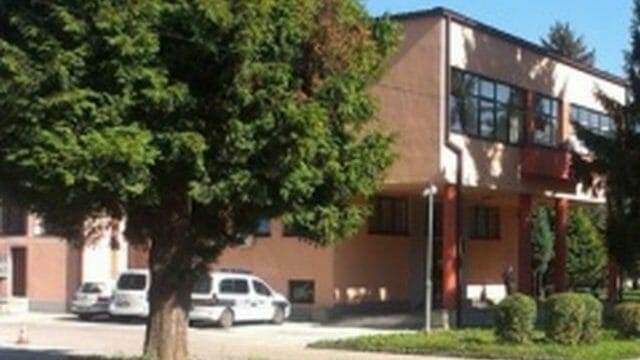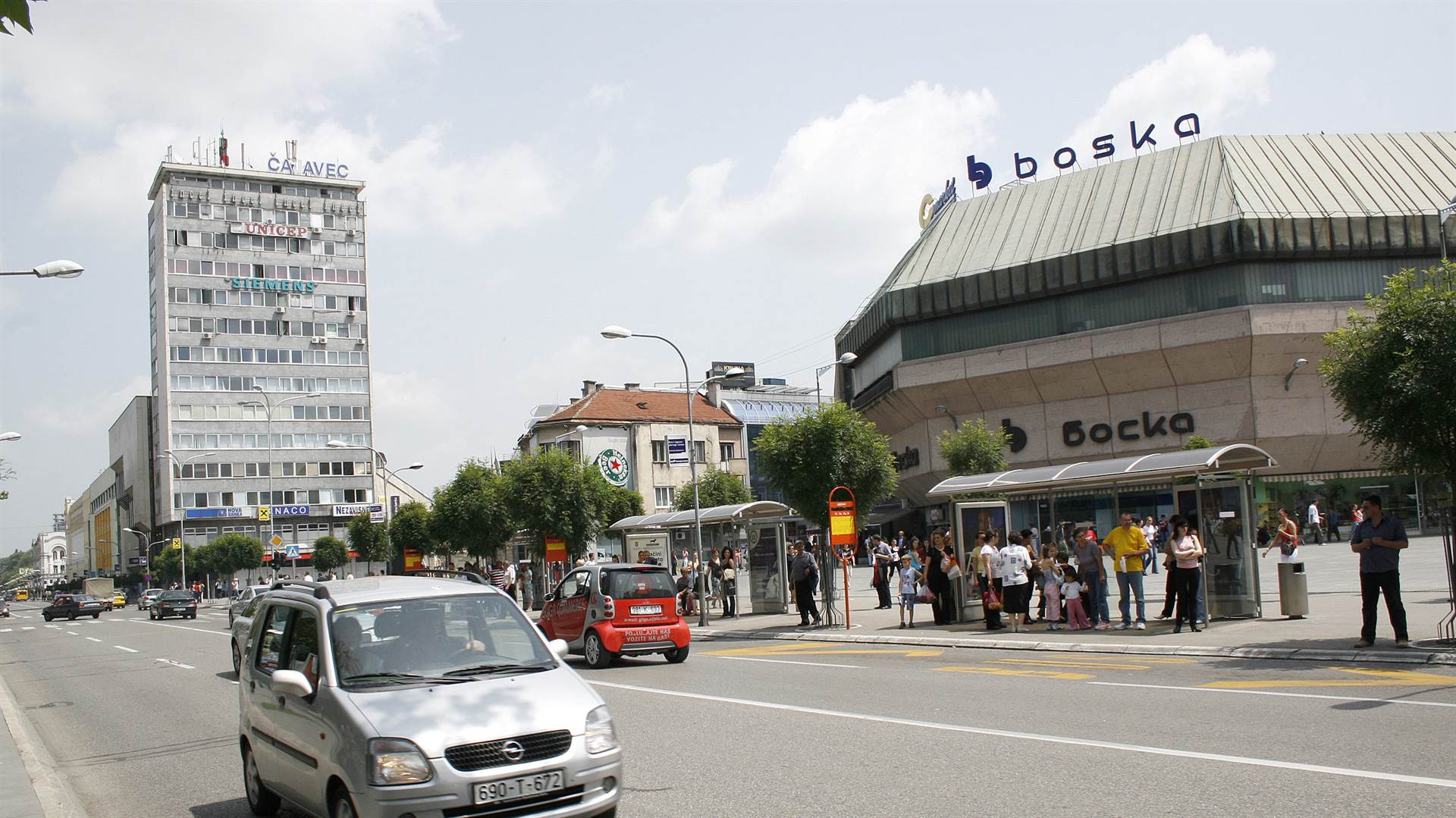This post is also available in: Bosnian
During the investigation Radenkovic gave several statements, which differed in certain parts related to what he had experienced during his detention in Maoca, Brcko municipality. The Defence of Suljagic requested that court expert Kravic-Prelic determined whether his statements were credible and whether traumatic events could be described in different ways on several different occasions.
“I did not notice any elements of dishonesty and simulation when conducting tests and interviewing him, but a huge fear and loss of identity was noticeable. He thinks that one of the main reasons for that is the fact that he comes from a mixed married, so the micro-traumas experienced after the war affect his relations with other members of his household,” court expert Kravic-Prelic said.
In her findings she mentioned that there were no indications that Radenkovic suffered from post-traumatic stress disorder, PTSD, but he was suppressing a big trauma inside himself.
“Eventual differences between his statements did not result from a conscious intention, because his anxiety and confusion can influence all he does, not only his testimony,” the court expert determined.
She said that, following a trauma, important details of the event did not change, while potential changes in memories could refer to colours and smells, but not to persons or participants in that event.
Indictees Guso and Suljagic, former members of the 108th Motorised Brigade of ARBiH, are charged with having examined prisoner Branko Radenkovic several times on August 3, 1994 and participated in his humiliation and physical abuse.
The Defence of the indictees completed the presentation of evidence by introducing additional pieces of material evidence. The presentation of closing statements is scheduled for July 12.


